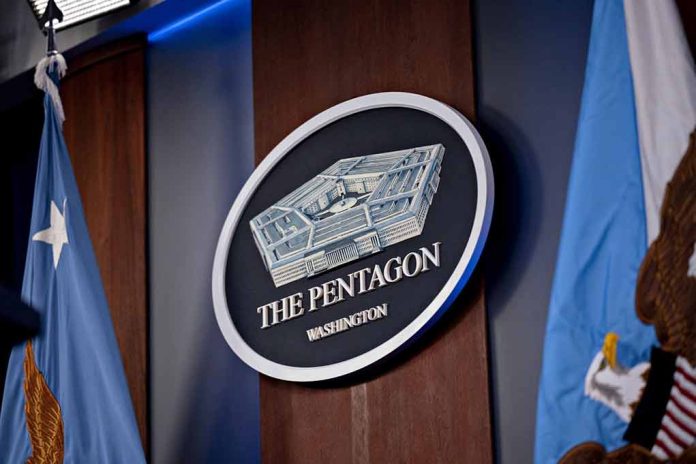
A CIA official faces espionage charges for leaking classified documents detailing Israel’s plans to strike Iran, raising concerns about national security and diplomatic relations.
At a Glance
- CIA official Asif W. Rahman is charged with espionage for leaking classified documents.
- Leaked documents revealed Israel’s military plans for attacks on Iran.
- Rahman was arrested in Cambodia, facing trial in the Eastern District of Virginia.
- The leak is considered a significant violation of the Espionage Act.
- The incident may impact Israel-US relations and intelligence sharing.
CIA Official Charged in Major Security Breach
Asif W. Rahman, a Central Intelligence Agency (CIA) official with top secret security clearance, has been indicted for leaking highly classified documents detailing Israel’s plans to strike Iran. The charges include willful retention and transmission of national defense information, marking a significant breach of national security protocols. Rahman’s arrest in Cambodia and subsequent court appearance in Guam underscore the global reach of this investigation.
The leaked documents, originally attributed to the US National Geospatial-Intelligence Agency (NGA) and National Security Agency, were published on the Telegram messaging app. They contained sensitive information about Israel’s military planning following an Iranian missile barrage on October 1, 2023. The breach has raised serious concerns about the security of classified information and its potential impact on international relations.
Implications for US-Israel Relations
The leak of Israel’s military plans has potentially far-reaching consequences for US-Israel relations. The breach of trust could impact future intelligence sharing between the two allies, as Israel may hesitate to share sensitive information with the United States. This incident highlights the delicate balance of international intelligence cooperation and the severe repercussions of unauthorized disclosures.
“I think it’s crucial that Israel knows that when they give information or the transformation, it’s not leaked, and there must be strong trust [that intel is going] to be treated the way it should be treated. It’s a very serious event,” said retired Israel Defense Forces Brigadier General Amir Avivi.
The leaked documents included satellite imagery and details about potential Israeli strikes and missile types. This level of detail not only compromises operational security but also reveals the extent of US surveillance capabilities, potentially straining relationships with other allies. The White House has expressed deep concern over the leak, recognizing its potential to disrupt diplomatic efforts and military strategies in the region.
Broader Security Implications
This incident has brought to light broader concerns about the security of classified information within US intelligence agencies. With over one million people in the US having access to top secret materials, the need for rigorous vetting and continuous monitoring of security clearances has become increasingly apparent. The FBI is actively investigating the source of the leak, which is believed to have originated in Cambodia.
“It is very troubling to know that a CIA officer may have been involved in leaking this highly classified information. Everyone is entitled to the presumption of innocence, but if true, this is a serious security breach and there is no excuse for it,” said Mick Mulroy, former deputy assistant secretary of defense for the Middle East.
The case draws parallels to that of Jack Teixeira, who was sentenced to 15 years for leaking classified military documents about the war in Ukraine. These incidents underscore the ongoing challenges in safeguarding sensitive information and the severe consequences for those who breach this trust. As the investigation continues, the intelligence community will likely reassess its protocols for handling classified information to prevent future leaks of this magnitude.





